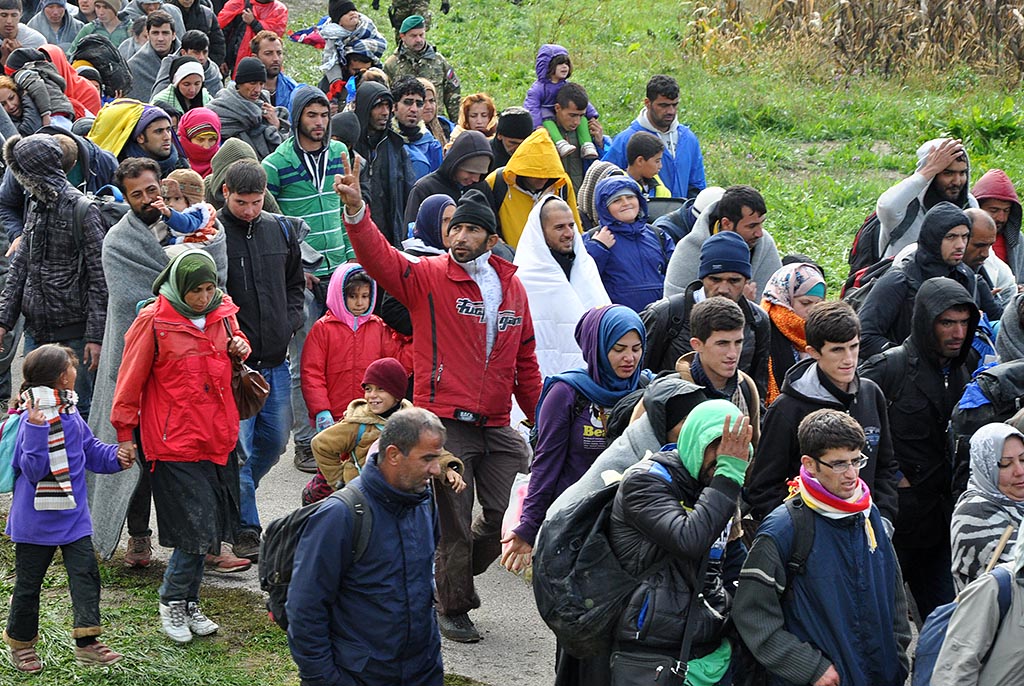by P.T., V4Agency
Migrants facing deportation have found a legal loophole to stay in the European country where, according to the laws, no one can be forced to take a Covid test.
The practice of refusing to take Covid tests has become widespread among migrants facing deportation in Sweden, according to a recent article by the Swedish Svenska Dagbladet newspaper.
The migrants’ main objective is to avoid deportation.
They basically take advantage of a loophole in Swedish laws, because no one can be forced to take a Covid test in the Scandinavian country. Most destination countries, however, require a negative Covid test from the deportees. They include Afghanistan, one of the most frequent destinations for deportation from Sweden.
Those who already took the test tend to disavow its results, claiming that they have been deceived or forced into taking it, thus demanding that it should be considered invalid. They, too, are allowed to stay, because authorities are unable to execute the deportation orders.
According to Border Police Chief Patrik Engstrom, the adopted practice of refusal means that deportations to Afghanistan have basically drawn to a halt. Forcible expulsion is possible, but authorities cannot coerce anyone to take a Covid test.
It is unclear how long the migrants who refuse to take a Covid test will remain in Sweden.
This recently adopted practice by migrants has some negative financial consequences. Of the dozens of Afghans slated for deportation to their home country last week, only 7 agreed to be tested for Covid-19, which means the government must spend more on chartered flights.
Swedish authorities are uncertain whether it is possible to execute mass deportations now, at the height of the pandemic.
At well over 70,000 people, the Afghan diaspore ranks among Sweden’s largest and has grown steeply since the migrant crisis of 2015, according to Sputnik News. In 2015, over 23,000 Afghans labelled as “unaccompanied chidren” sought asylum in Sweden, followed by another 2,000 in the first half of 2016. Many of them lacked identity documents, triggering heated discussions and public debates about their real age.

